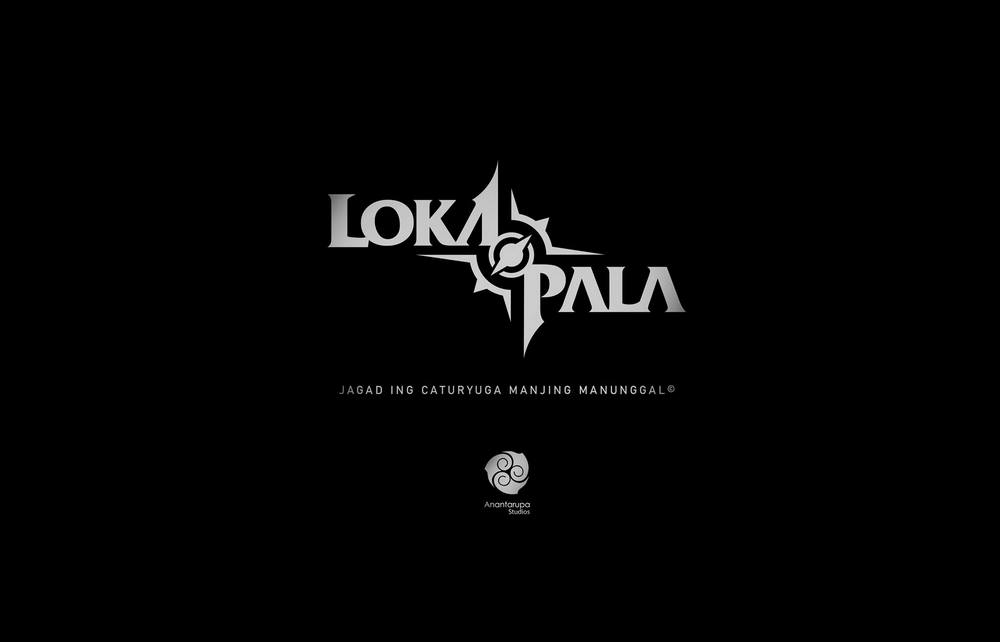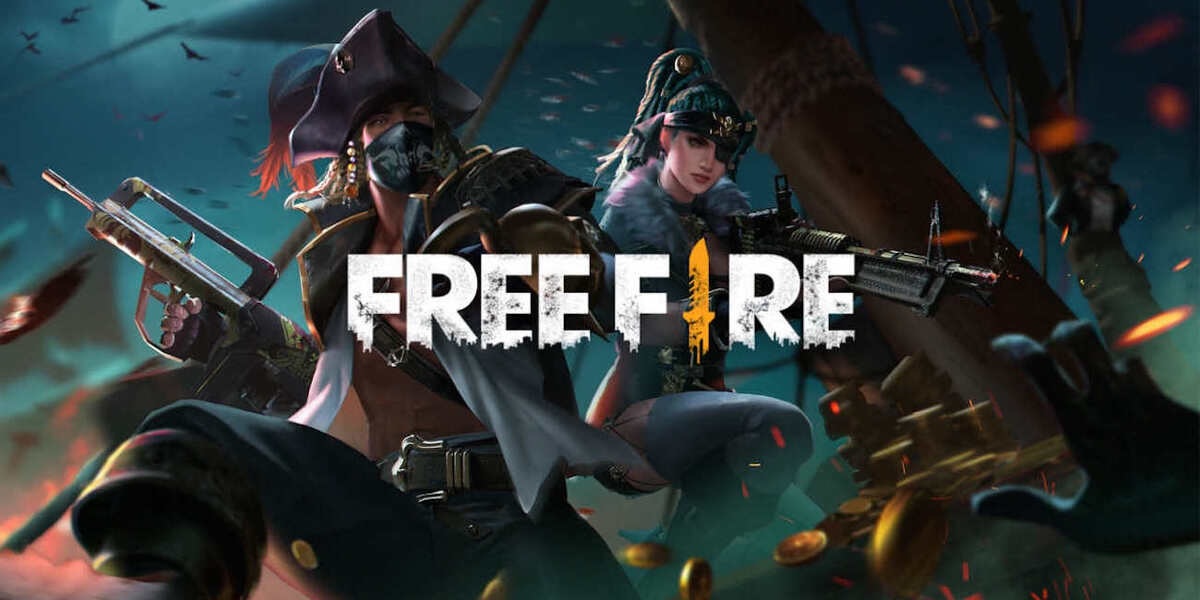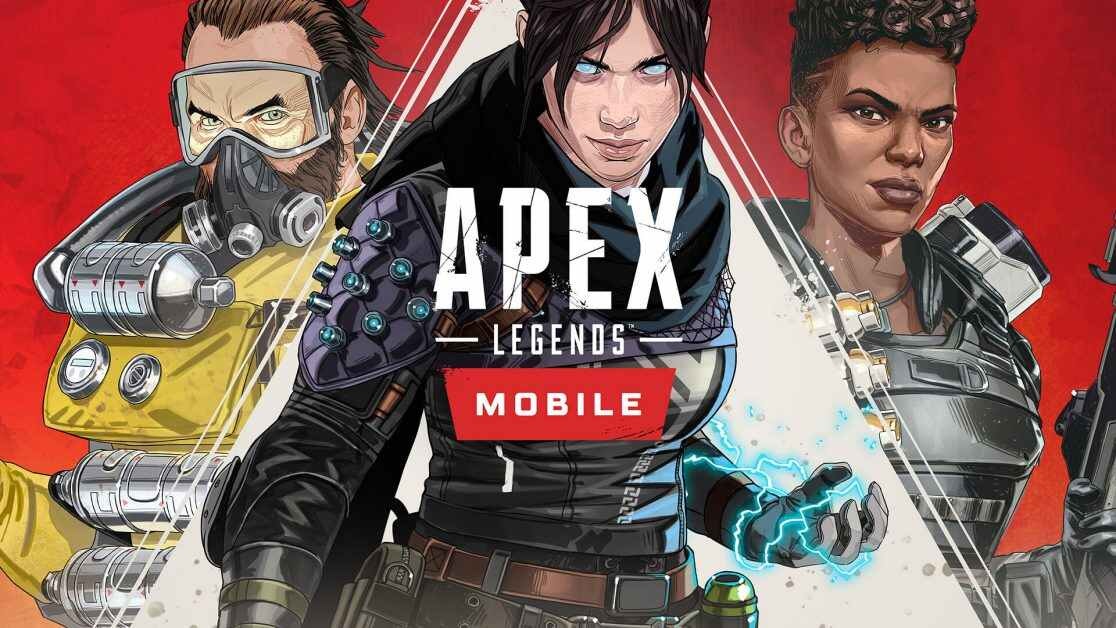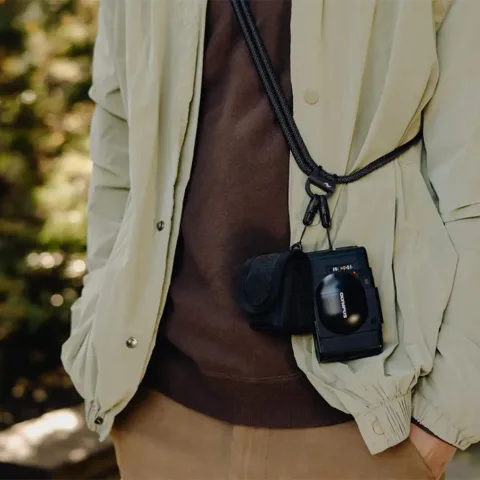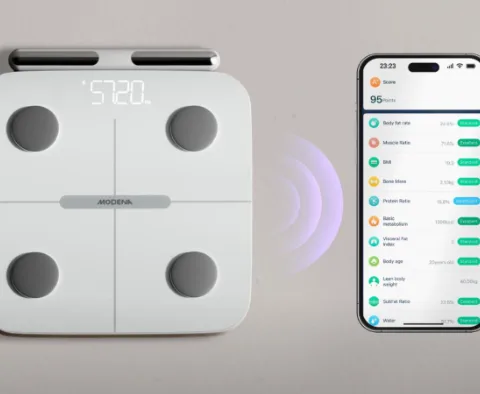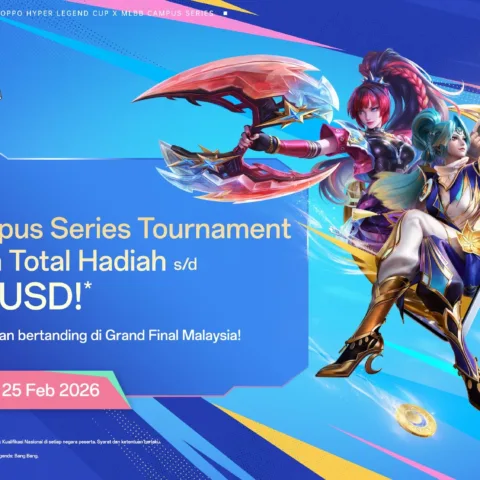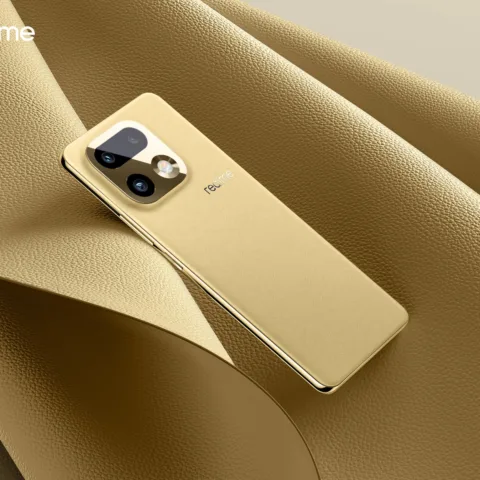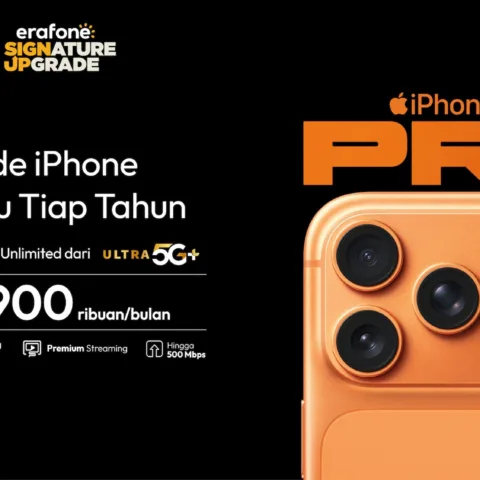This is the second post in our AngelHack trip series as we follow Radita Liem and Asep Priandana make they way across San Francisco representing Pintails which won the inaugural AngelHack Jakarta hackathon event back in June. After team leader Vincent Putera gave us the brief about the run up to the trip, Radita Liem tells us the story about facing criticisms, questions, and doubts over the use of the BlackBerry 10 platform to develop Pintails. The following is an edited version of her story.
When Pintails was announced as the winner at AngelHack Jakarta, we received a lot of questions and concerns regarding our app. The app was built for the BlackBerry 10 platform and nobody uses BlackBerry 10 in Silicon Valley. We were told to be prepared for a lot of criticisms on stage when we pitch our app at the Demo Day. A lot of people said it was doomed. I’m here to tell you that all of that didn’t really matter at the end of the presentation.
We presented Pintails as a BlackBerry 10 app with the iOS version prepared as a back up. As it turned out, Nathan SooHoo of VentureScanner was interested in our BlackBerry 10 version and we also had a long chat with James Conlon from Bullpen Capital. We talked about the e-commerce market in Indonesia, its behavior, and why the major players like Etsy, ebay, and Craigslist have yet to really enter the country.
We also brought up the fact that the online consumer to consumer trade market became prominent in Indonesia thanks to the BlackBerry and especially its BlackBerry Messenger (BBM) group feature. Today, people are still setting up shops and selling items through BBM despite other platforms like Facebook and Instagram becoming popular as shop fronts. Commerce through BBM groups is still happening very strongly.
AngelHack CEO, co-founder, and mentor Greg Gopman wasn’t pleased at all when we presented Pintails as a BlackBerry app on the Z10 and our fellow AngelHack winners from other countries, especially the US winners, were equally confused. None of them could understand why we bothered making an app for a platform that nobody seems to want to use.
After we explained that BlackBerry is still a leading mobile vendor in Indonesia with 12 million handsets sold and the BlackBerry 10 is still attractive to a large segment of consumers in the country, most of the audience understood why we went with BlackBerry, but it still something that is beyond their consideration.
Our fellow participants at AngelHack were beyond surprised that the Indonesian and the US markets are vastly different even as the trend across the world does not favor BlackBerry. Although they understood our choice, they’re very surprised that BlackBerry is still a significant brand in Indonesia.
Based on what we went through during the AngelHack sessions, it seems to us that investors aren’t too concerned with the choice of platform that developers or startups use as long as we know our markets well and know how to take advantage of it. We chose BlackBerry as our launch platform because our market is Indonesia and there’s nothing like BBM on iOS or Android that is as actively being used for commerce by consumers.
Creating a product through a startup is a long term proposition and choosing the platform is but one small aspect of that journey which still has many other issues to deal with to ensure the business is viable. For us, it’s not about choosing BlackBerry or other platforms that just happened to be popular at the time, it’s about which platforms are suitable to execute the business idea and make it survive in the long run. After all, we do have an iOS version ready as well.
Our mentors during AngelHack sessions in San Francisco were James Conlon, investor at Bullpen Capital, Nathan SooHoo, lead analyst at VentureScanner, Nate Pacer, analyst at Bullpen Capital, Wayne Wong, analyst and visiting scholar from NTU Singapore, and Greg Gopman, CEO and co-founder of AngelHack.
[Header image by @raditaliem]

